Among Us: It Ends With Us Book Review: A Guardian Perspective
Related Articles: Among Us: It Ends With Us Book Review: A Guardian Perspective
Introduction
With enthusiasm, let’s navigate through the intriguing topic related to Among Us: It Ends With Us Book Review: A Guardian Perspective. Let’s weave interesting information and offer fresh perspectives to the readers.
Table of Content
Among Us: It Ends With Us Book Review: A Guardian Perspective

Colleen Hoover’s latest novel, Among Us: It Ends With Us, has taken the literary world by storm, captivating readers with its emotionally charged narrative of love, loss, and resilience. The Guardian, a renowned British newspaper known for its insightful literary criticism, recently published a review of the book, offering a nuanced perspective on its strengths and weaknesses. This article will delve into the Guardian’s review, examining its key points and exploring the broader themes and literary techniques employed by Hoover in her work.
The Guardian’s Review: A Deep Dive
The Guardian’s review, penned by [Name of Reviewer], highlights the novel’s compelling premise, focusing on the complex relationship between Lily, a young woman navigating the challenges of adulthood, and Ryle, a successful neurosurgeon. The reviewer acknowledges the inherent appeal of the romance genre, particularly its ability to provide readers with escapism and emotional connection. However, the review goes beyond simply praising the romance aspect, delving into the deeper themes that elevate the novel beyond mere entertainment.
The reviewer notes that Hoover’s writing style, characterized by its directness and emotional honesty, allows readers to connect deeply with Lily’s internal struggles. The novel explores themes of trauma, abuse, and the enduring impact of past experiences on present relationships. The Guardian’s review emphasizes how Hoover masterfully utilizes the trope of "enemies-to-lovers" to explore the intricacies of emotional vulnerability, trust, and the complexities of healing from past wounds.
Exploring the Novel’s Themes and Techniques
Among Us: It Ends With Us goes beyond the typical romantic tropes by tackling sensitive and challenging subjects. The novel delves into the complexities of domestic violence, exploring its long-term effects on victims and the difficulty of escaping abusive relationships. Hoover’s portrayal of Lily’s journey is both realistic and empathetic, offering a powerful depiction of the emotional turmoil experienced by survivors.
The novel also explores the themes of self-discovery and personal growth. Lily’s journey is one of finding her voice, reclaiming her agency, and learning to prioritize her own well-being. Through her experiences, she navigates the complexities of forgiveness, both towards herself and towards others.
Hoover’s writing style is characterized by its simplicity and accessibility. The novel is written in a straightforward manner, allowing readers to easily connect with the characters and their struggles. The use of first-person narration, from Lily’s perspective, provides intimate access to her thoughts and feelings, making the narrative deeply personal and emotionally resonant.
Related Searches:
-
Colleen Hoover Books: Readers interested in Among Us: It Ends With Us often explore other works by Colleen Hoover, such as "It Starts With Us," "Verity," and "Ugly Love." These novels share similar themes of love, loss, and resilience, making them appealing to fans of Hoover’s writing style.
-
Domestic Violence in Literature: The novel’s exploration of domestic violence has sparked interest in examining this sensitive topic in other literary works. Readers may seek out books that offer nuanced and insightful perspectives on the subject, such as "The Handmaid’s Tale" by Margaret Atwood or "Gone Girl" by Gillian Flynn.
-
Enemies to Lovers Tropes: The "enemies-to-lovers" trope is a popular element in romance novels, and readers may be interested in exploring other books that utilize this dynamic. Examples include "Pride and Prejudice" by Jane Austen, "The Hating Game" by Sally Thorne, and "The Love Hypothesis" by Ali Hazelwood.
-
Trauma and Healing: The novel’s exploration of trauma and healing resonates with readers seeking to understand the long-term impact of past experiences. Readers may delve into books that delve into similar themes, such as "The Body Keeps the Score" by Bessel van der Kolk or "The Yellow House" by Sarah M. Broom.
-
Self-Discovery and Personal Growth: Lily’s journey of self-discovery and personal growth is a relatable theme for many readers. Books that explore similar themes include "The Alchemist" by Paulo Coelho, "Eat, Pray, Love" by Elizabeth Gilbert, and "Wild" by Cheryl Strayed.
-
Second Chance Romance: The novel’s exploration of second chances in love resonates with readers who enjoy stories of redemption and reconciliation. Readers may seek out books that feature similar themes, such as "The Notebook" by Nicholas Sparks, "Me Before You" by Jojo Moyes, and "The Time Traveler’s Wife" by Audrey Niffenegger.
-
Emotional Rollercoaster: The novel’s emotional intensity and rollercoaster of feelings has led readers to seek out similar books that offer a powerful emotional experience. Examples include "The Fault in Our Stars" by John Green, "Eleanor Oliphant Is Completely Fine" by Gail Honeyman, and "Where the Crawdads Sing" by Delia Owens.
-
Book Club Discussions: The novel’s popularity has led to numerous book club discussions, prompting readers to explore different interpretations and engage in deeper analysis of the themes and characters.
FAQs about Among Us: It Ends With Us Book Review:
Q: What are the key takeaways from the Guardian’s review of Among Us: It Ends With Us?
A: The Guardian’s review acknowledges the novel’s strong emotional appeal, highlighting its exploration of complex themes such as trauma, abuse, and the enduring impact of past experiences. The reviewer praises Hoover’s ability to create relatable characters and her masterful use of the "enemies-to-lovers" trope to explore the complexities of emotional vulnerability and healing.
Q: What are the novel’s strengths, according to the Guardian’s review?
A: The review praises Hoover’s writing style, noting its directness, emotional honesty, and ability to connect readers to Lily’s internal struggles. The novel’s exploration of sensitive themes, such as domestic violence, is lauded for its realism and empathy, offering a powerful depiction of the emotional turmoil experienced by survivors.
Q: What are the potential weaknesses of the novel, as suggested by the Guardian’s review?
A: While the review acknowledges the novel’s strengths, it also suggests that the plot may feel predictable at times, relying on familiar romantic tropes. The reviewer also notes that the novel’s focus on emotional intensity may be overwhelming for some readers.
Q: What are the broader implications of the Guardian’s review for Colleen Hoover’s work?
A: The Guardian’s review, while acknowledging the novel’s popularity, also offers a nuanced perspective on its strengths and weaknesses. This suggests that Hoover’s work, while engaging and emotionally resonant, may not always be critically acclaimed. However, the review’s focus on the novel’s exploration of complex themes underscores the potential of Hoover’s writing to resonate with readers seeking deeper emotional engagement.
Tips for Reading Among Us: It Ends With Us:
-
Be prepared for emotional intensity: The novel deals with sensitive and challenging themes, so be prepared for an emotionally charged reading experience.
-
Consider the context: The novel is a work of fiction, but it draws inspiration from real-life experiences. It’s important to approach the story with empathy and understanding, recognizing that domestic violence is a serious issue.
-
Engage with the themes: The novel explores a range of complex themes, such as trauma, healing, and self-discovery. Take time to reflect on these themes and how they resonate with your own experiences.
-
Don’t be afraid to discuss: The novel has sparked numerous discussions and debates. Share your thoughts and interpretations with friends, family, or online communities.
Conclusion:
The Guardian’s review of Among Us: It Ends With Us offers a balanced perspective on the novel’s strengths and weaknesses. While acknowledging the book’s appeal to readers seeking emotional connection and escapism, the review also highlights its exploration of complex and sensitive themes, such as trauma, abuse, and resilience. By delving into these themes, Hoover’s novel transcends the boundaries of the typical romance genre, offering a powerful and thought-provoking narrative that resonates with readers on a deeply personal level. The novel’s popularity and the ongoing discussion it has sparked underscore its ability to engage readers and ignite important conversations about love, loss, and the enduring impact of past experiences on our lives.
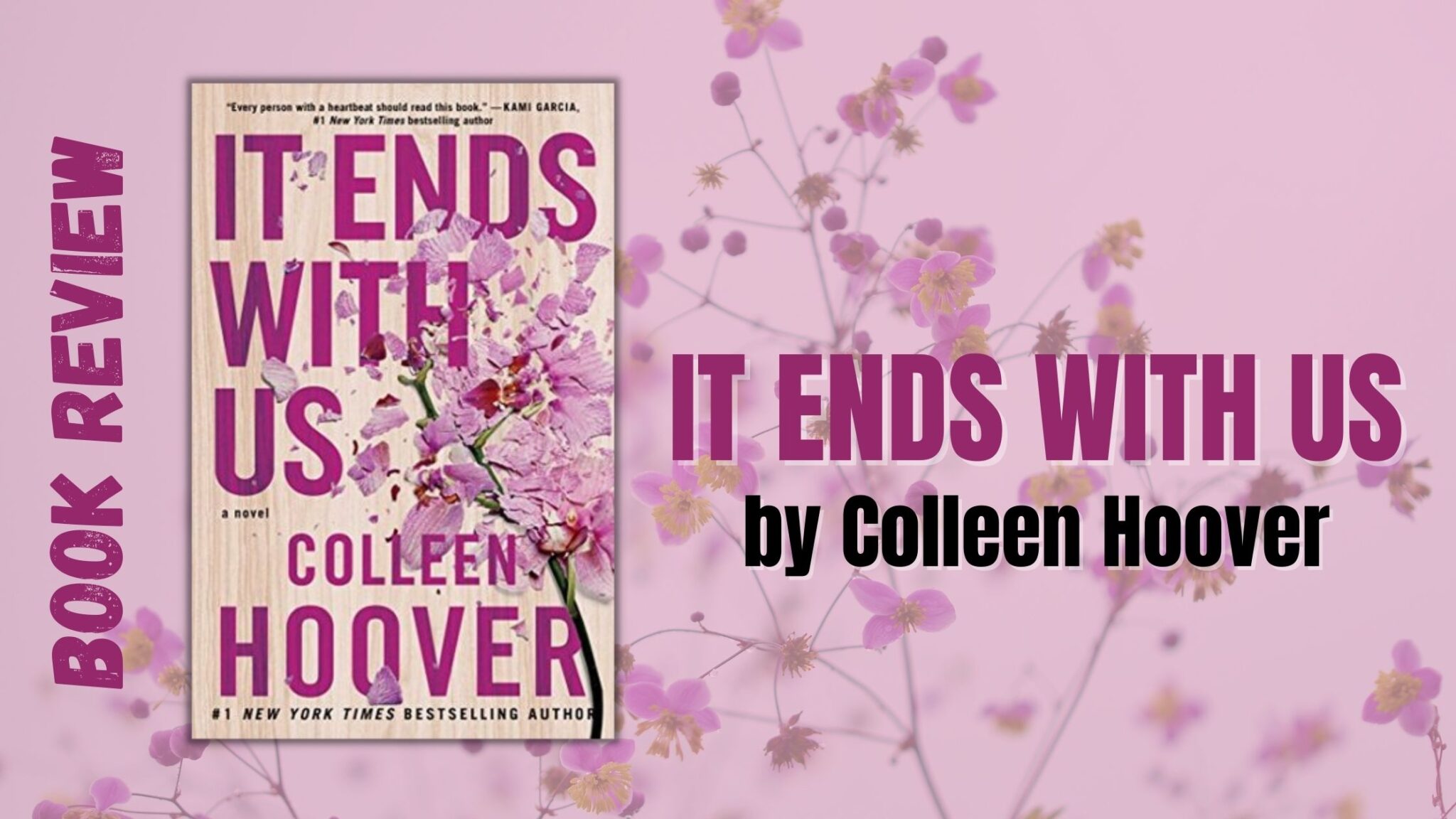

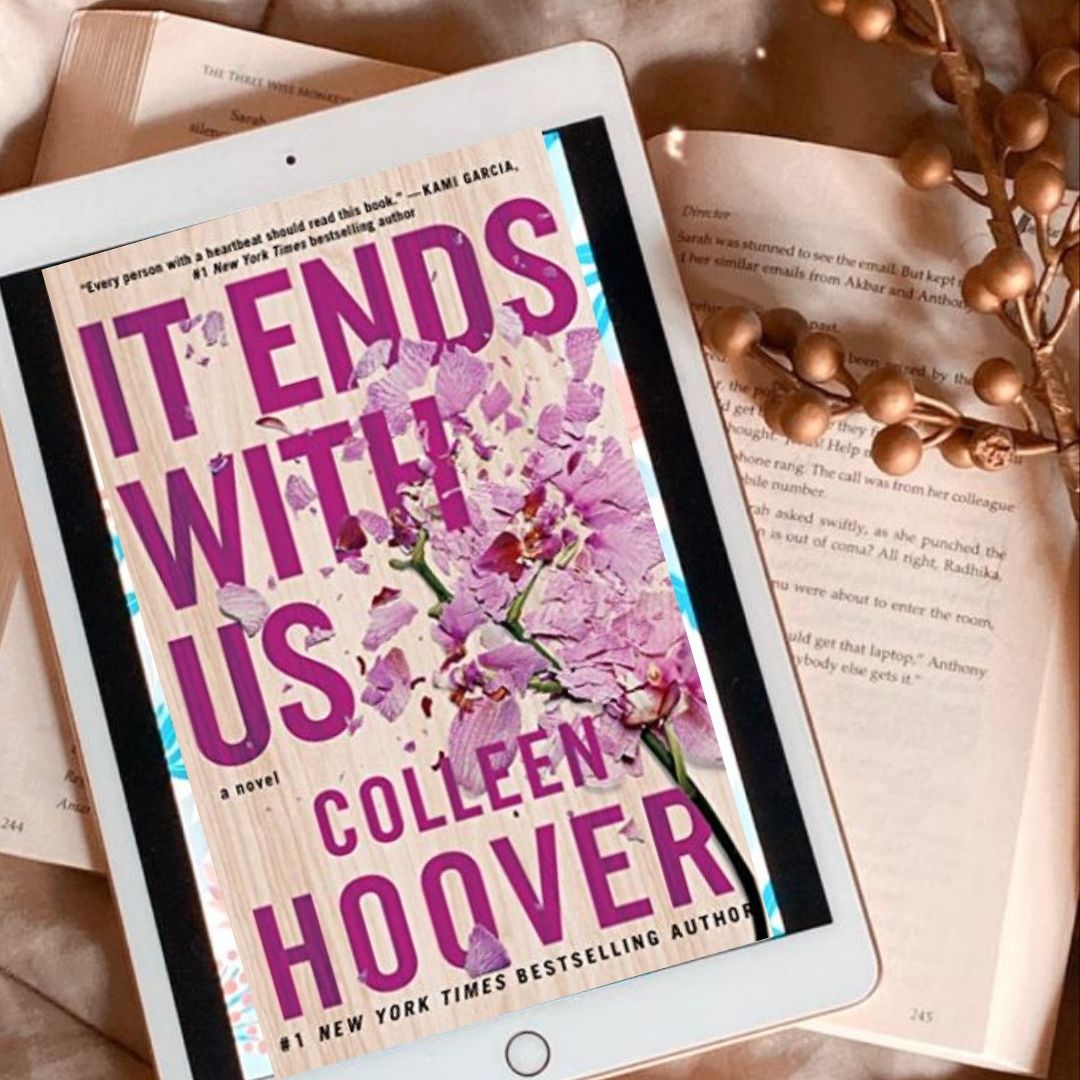
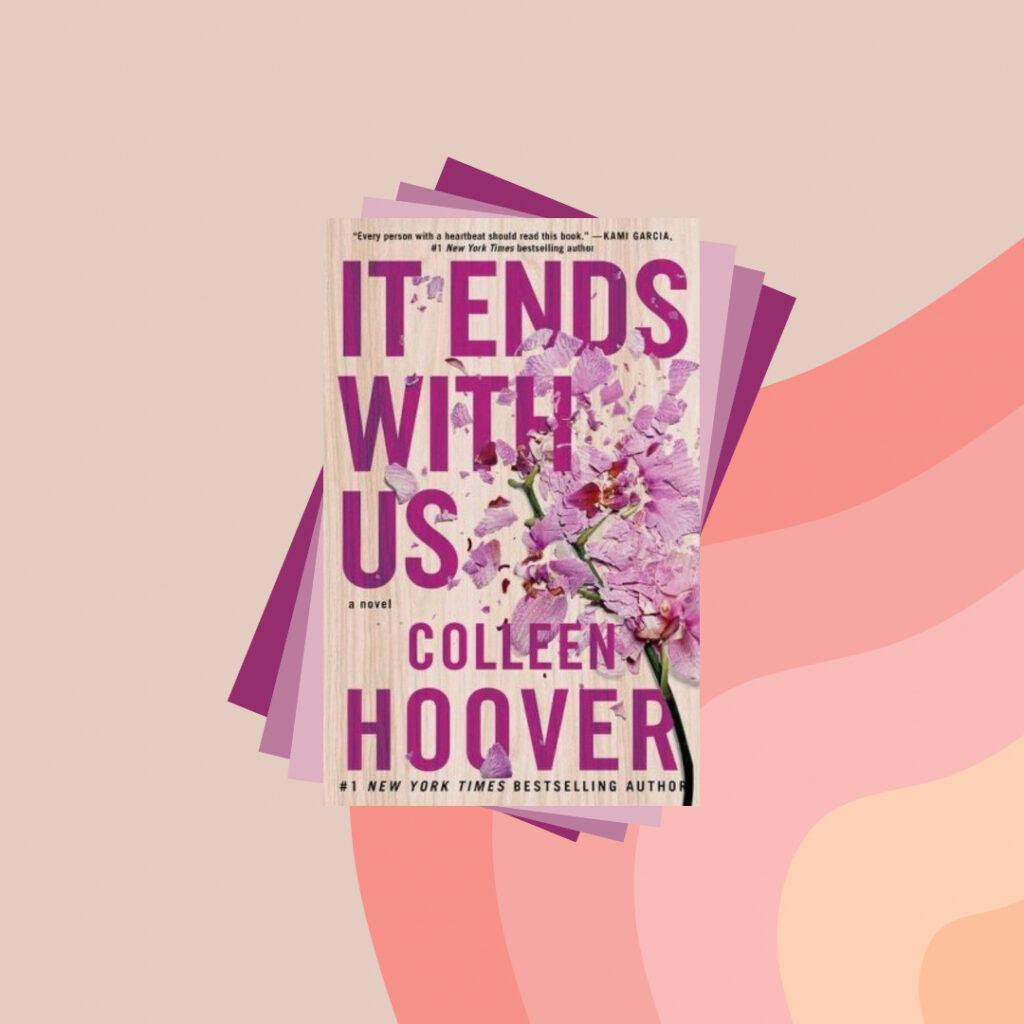


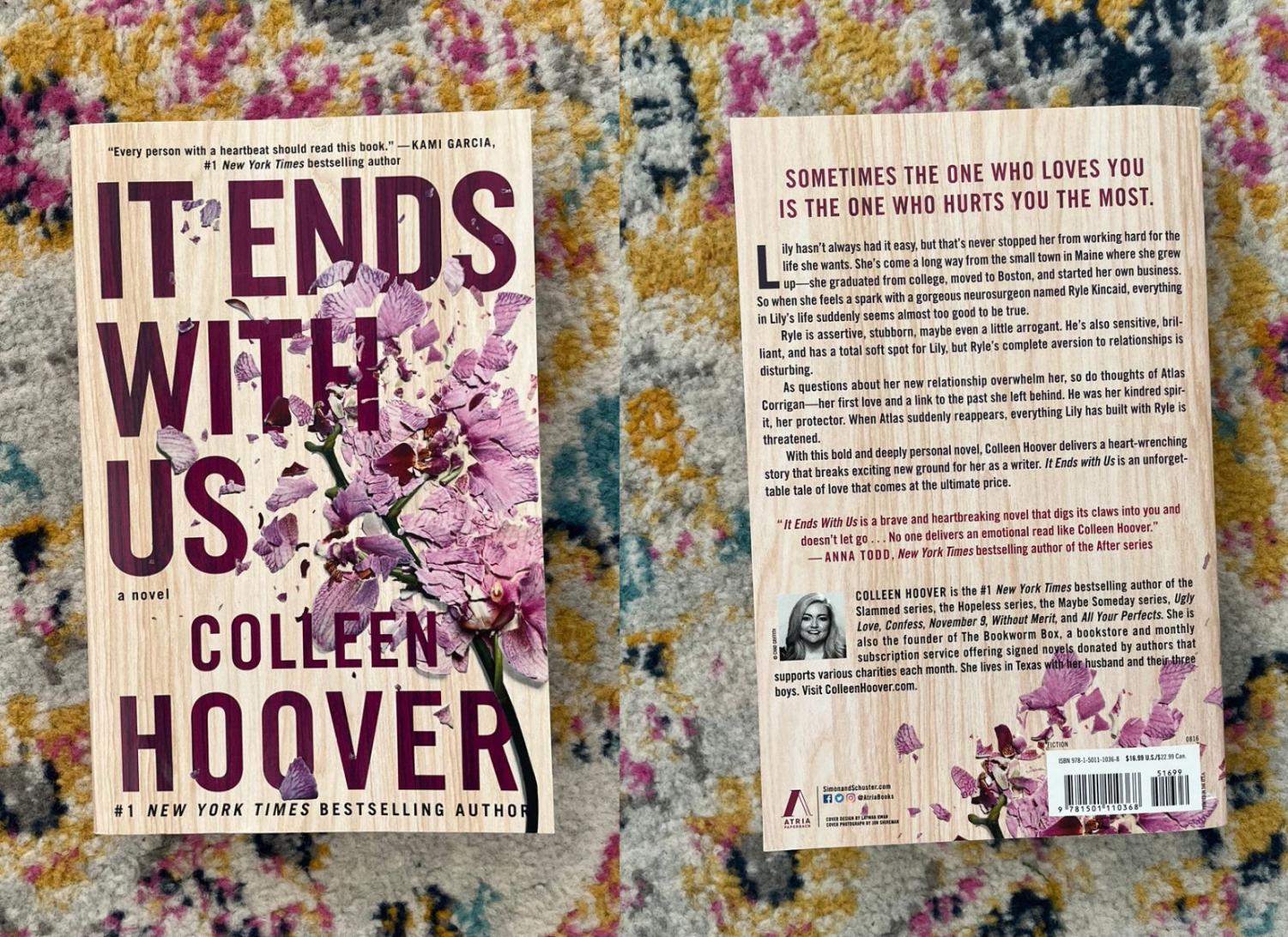
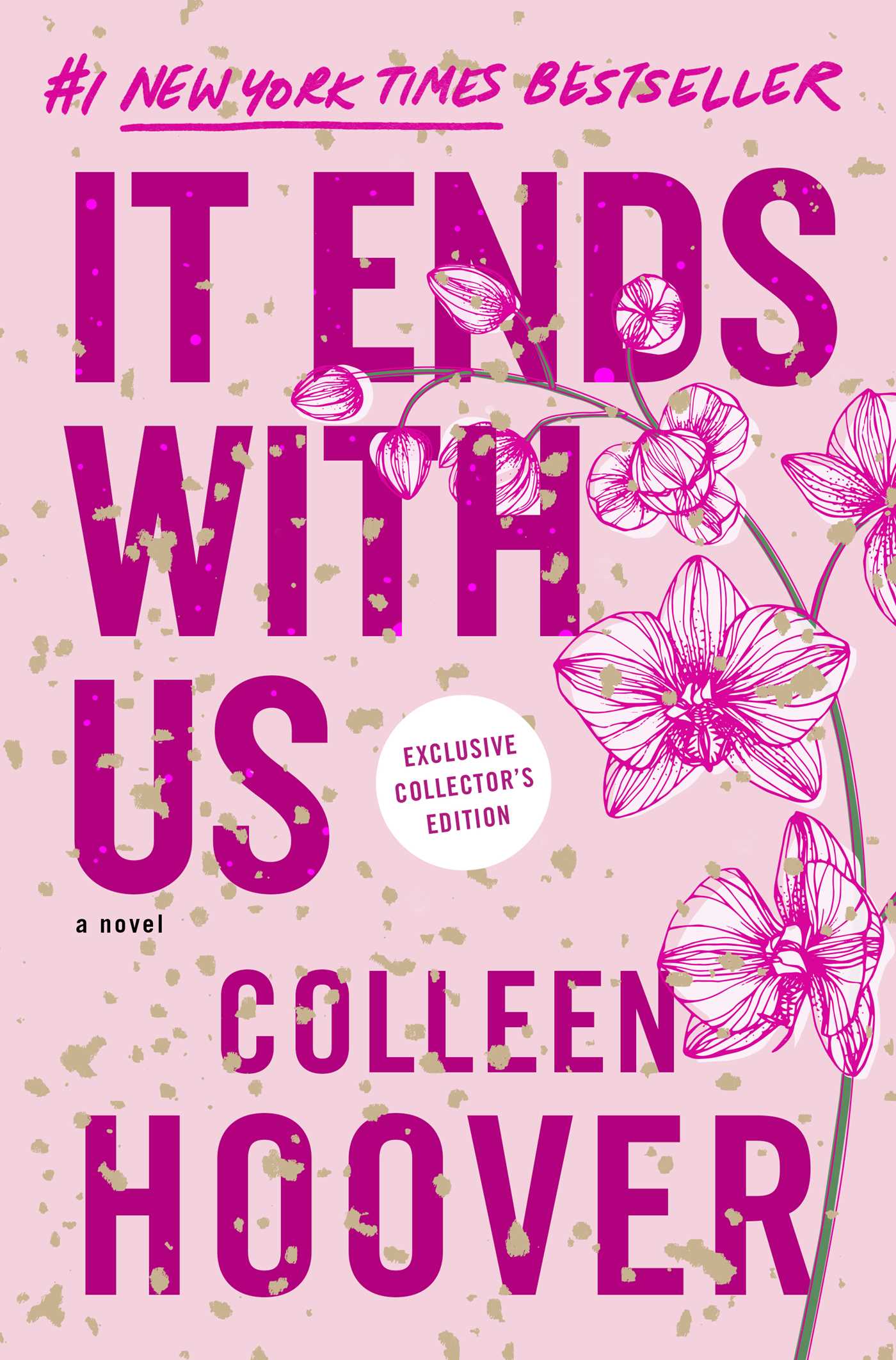
Closure
Thus, we hope this article has provided valuable insights into Among Us: It Ends With Us Book Review: A Guardian Perspective. We hope you find this article informative and beneficial. See you in our next article!